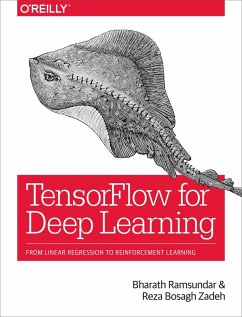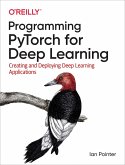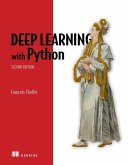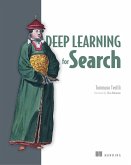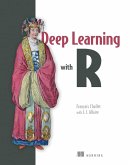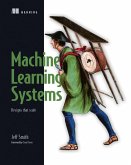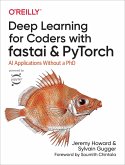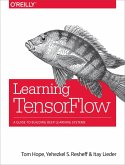Learn how to solve challenging machine learning problems with TensorFlow, Googles revolutionary new software library for deep learning. If you have some background in basic linear algebra and calculus, this practical book introduces machine-learning fundamentals by showing you how to design systems capable of detecting objects in images, understanding text, analyzing video, and predicting the properties of potential medicines.TensorFlow for Deep Learning teaches concepts through practical examples and helps you build knowledge of deep learning foundations from the ground up. Its ideal for practicing developers with experience designing software systems, and useful for scientists and other professionals familiar with scripting but not necessarily with designing learning algorithms.Learn TensorFlow fundamentals, including how to perform basic computationBuild simple learning systems to understand their mathematical foundationsDive into fully connected deep networks used in thousands of applicationsTurn prototypes into high-quality models with hyperparameter optimizationProcess images with convolutional neural networksHandle natural language datasets with recurrent neural networksUse reinforcement learning to solve games such as tic-tac-toeTrain deep networks with hardware including GPUs and tensor processing units
Dieser Download kann aus rechtlichen Gründen nur mit Rechnungsadresse in A, B, BG, CY, CZ, D, DK, EW, E, FIN, F, GR, HR, H, IRL, I, LT, L, LR, M, NL, PL, P, R, S, SLO, SK ausgeliefert werden.
Hinweis: Dieser Artikel kann nur an eine deutsche Lieferadresse ausgeliefert werden.

